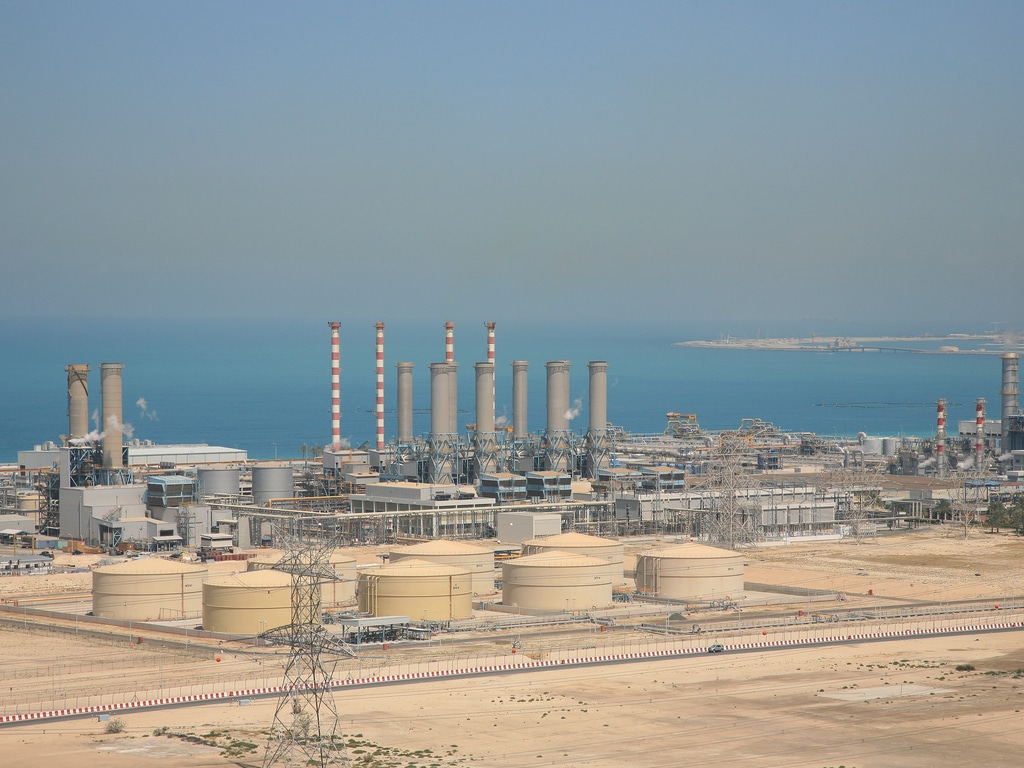In Algeria, the wilaya of Boumerdès will have a new seawater desalination plant. The two Sonatrach subsidiaries, AEC and GCB, and the company Cosider Canalisation are implementing the project, which should improve the supply of drinking water in the wilaya. Boumerdès is one of 22 wilayas affected by water stress in Algeria, according to Ismail Amirouche, the secretary general of the Ministry of Water Resources, speaking on national radio. The phenomenon is spreading rapidly due to climate change.
The new seawater desalination plant is being built in Corso, a coastal town 25 km east of the capital Algiers. The companies responsible for the project plan to partially commission the plant in six months. The plant will then have a capacity of 40 000 m3 per day. This capacity is expected to double to 80,000 m3 of drinking water per day in the following six months.
This drinking water project was awarded to the companies AEC, GCB and Cosider Canalisation in the wake of the award of the contract for the construction of two other seawater desalination plants in Algeria. The Bateau cassé plant in Bordj El Kiffan and the El Marsa plant in Algiers will have capacities of 10,000 m3 per day and 60,000 m3 per day respectively. “The Bordj El Kiffan project will be completed in five months and that of El Marsa will also be commissioned five months after its launch, but in a partial manner before reaching its maximum production level in nine months,” says Sonatrach.
Read also- AFRICA: Desalination now at the heart of water supply strategies
These various works are in line with the Algerian government’s strategy for drinking water supply. Algiers is also preparing a new emergency plan to increase the country’s installed desalination capacity. According to Mohamed Arkab, the Algerian Minister of Energy and Mines, the new plan includes, in the first phase, the construction of a desalination plant at Cap Djenat, with a capacity of 400,000 m3 per day. To the west of Algiers, another plant will be built with a capacity of 250,000 m3 per day, as well as a third of 250,000 m3 per day in the wilaya of El Tar.
Inès Magoum
